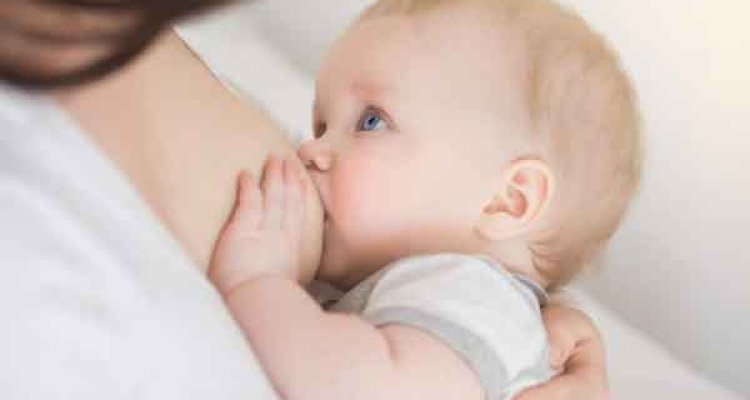
Call
The MELK study: nutrition, ethnicity and breast milk composition
We want to investigate whether factors such as maternal food intake and ethnicity can be linked to the nutrients found in breast milk. We also want to know whether this is connected to the health of the baby.
In this study, we look at which nutrients from the mother's diet end up in the baby via breast milk. This is an important step in setting up nutritional advice that is healthy for both mother and baby. In addition, some women are unable to breastfeed or stop exclusively breastfeeding earlier than the recommended 6 months. It is important for these women to have a good alternative, which is usually formula. However, every mother is different and that is why it is good to know what exactly influences the composition of breast milk. After all, the more we know about the natural composition, the better we can imitate this in alternative products such as formula.
What's in it for you?
- You contribute to scientific research into factors that influence the composition of breast milk
- You will receive a Medela breast pump
- You will receive a compensation of €25
Who can participate?
If you are interested in participating in this study, it is important to know whether you are suitable for the study, which means that you are:
- Aged >18 years
- Have a pre-pregnancy BMI between 18.5 and 24.9 kg/m2
- In the last trimester of your pregnancy or you just delivered
- Able to provide a breast milk sample between the 4th and 8th week postpartum
- Planning to exclusively breastfeed until at least 3 months postpartum
Of Dutch/Western European, Chinese or Turkish descent:
- Chinese descent: you were born in China and at least one of your parents was born in China; or you were born in the Netherlands and both parents were born in China;
- Dutch/Western European descent: you were born in the Netherlands, another European country, the United States of America or Australia, as was at least one of your parents;
- Turkish descent: you were born in Turkey and at least one of your parents was born in Turkey; or you were born in the Netherlands and both parents were born in Turkey.
- Not currently following a diet to lose weight
- Not having a gastrointestinal disease
- Not breastfeeding another child
- Not having twins
- Able to give written informed consent
And your infant was:
- Delivered in week 38, 39, 40 or 41 of the pregnancy
- Delivered apparently healthy (no diagnosed (chronic) illness)
- Delivered with a birthweight of at least 2.5 kg
- Delivered through vaginal delivery
- Not receiving antibiotics
What does participation mean for you?
Screening phase
Prior to the study, you will attend one online information meeting where you will receive an explanation about the study. If you decide to participate, we will conduct a suitability check to ensure that you fit within the target group. For this purpose, we will send you a screening questionnaire.
When participating
To keep the burden of the research on your daily life as low as possible, we have divided the study procedures over 5 study days, spread over 4 weeks. Each study day has a different focus:
- Study day 1: general information mother and food diary (digital questionnaires)
- Study day 2: breast milk/stool/urine sample collection and food diary
- Study day 3: home visit
- Study day 4: baby health and food diary (digital questionnaires)
- Study day 5: baby development and feeding diary (digital questionnaires)
The study days are scheduled at the start of the study, to suit your agenda.
Interested?
Are you interested in participating in the MELK study and would you like to know more about it? If so, read the information brochure for a detailed description of the study. If you are still interested, please email MELK-study@wur.nl, or call 06-38724247. You can ask questions or make an appointment for the information meeting.